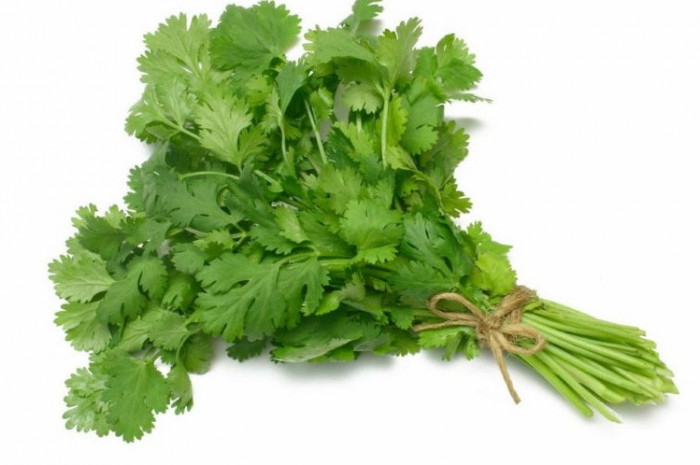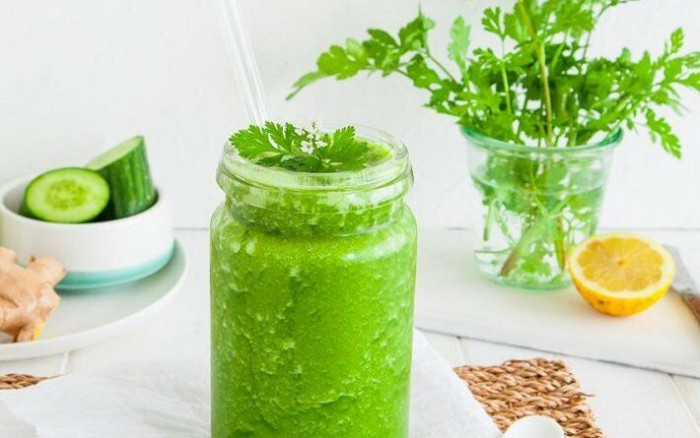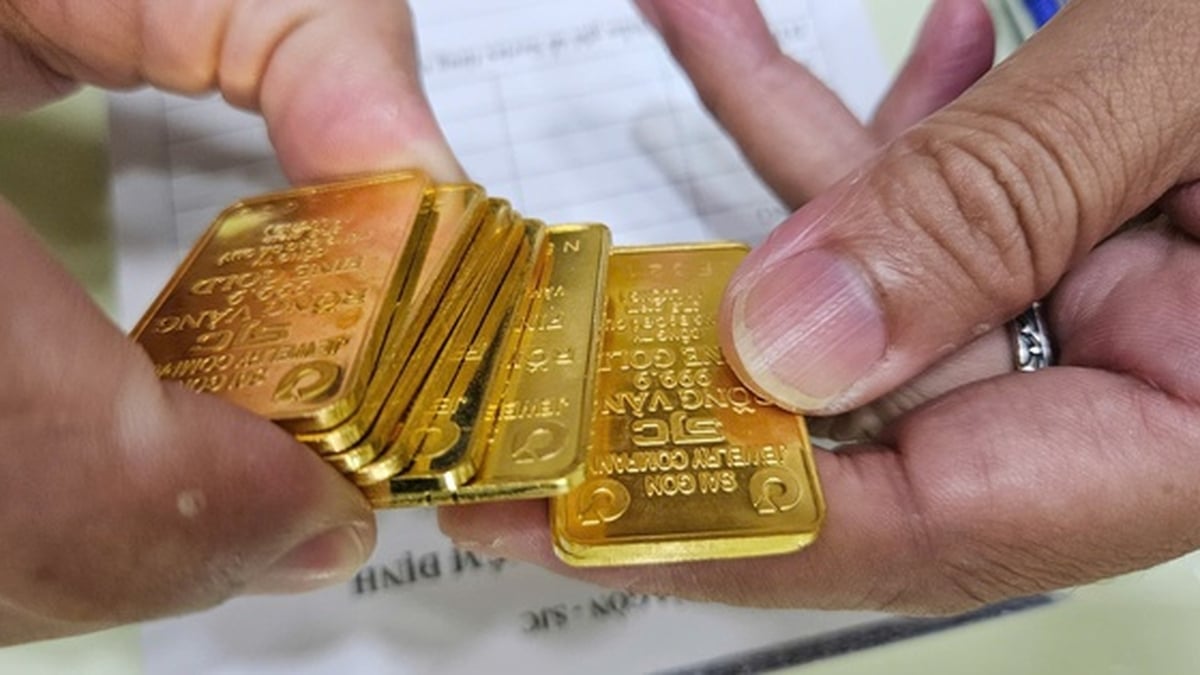Coriander is a familiar spice in the daily meals of many families, not only helping to create aroma and decorate dishes but also has many valuable effects on health.
Coriander is also known as: Vietnamese coriander, Vietnamese coriander, Vietnamese coriander... contains many nutrients such as phosphorus, calcium, magnesium, potassium, sodium, vitamins A, B, C and K... with many uses in cooking.
According to the book "Medicinal plants and herbs of Vietnam" by Professor Do Tat Loi, the roots, leaves and fruits of coriander are all medicinal herbs because they contain essential oils.
Coriander has strong anti-inflammatory, antiseptic, antifungal, antibacterial properties and can remove heavy metals from the body through urine.
Surprising health benefits
Detox
Dr. Yoshiaki Omura, Director of Medical Research at the Heart Foundation in New York, said that cilantro is excellent at detoxifying mercury and lead, and also reduces lead absorption into bones.
The detoxifying effects of coriander are proven to be most effective when combined with chlorella. Various studies have also shown that heavy metal detoxification using coriander and chlorella can naturally remove up to 87% of lead, 91% of mercury and 74% of aluminum from the body within 45 days.
Anti-infective
Coriander contains antibacterial compounds that help fight certain infections and foodborne illnesses. Dodecenal is a compound in coriander that can fight bacteria like Salmonella - which causes life-threatening food poisoning.
Additionally, a test-tube study found that coriander seeds are among the Indian spices that can fight bacteria that cause urinary tract infections (UTIs).
Other studies have shown similar results with coriander being used in antibacterial formulations. Because of its ability to fight foodborne illnesses and hospital-acquired infections.
Not only does it help create a fragrant smell, coriander also makes the dish more attractive.
Supports blood sugar control
Animal studies show that coriander seeds reduce blood sugar levels by boosting the activity of enzymes that help remove sugar from the blood.
Another study in obese mice with high blood sugar showed that a single dose of 9.1 mg/body weight or 20 mg/kg of coriander seed extract reduced blood sugar by 4 mmol/L in 6 hours, and it had a similar effect to the blood sugar drug glibenclamide.
Boost immune system
Coriander contains antioxidants such as terpinene, quercetin, and tocopherols that fight cell damage and boost the immune system. According to research, these antioxidants help reduce inflammation, prevent cancer, and protect the nervous system.
In addition, vitamins A and C in coriander help support and promote a healthy immune system. Coriander also contains a lot of chlorophyll that fights infections caused by bacteria and fungi.
Eating coriander can help lower blood sugar in people with high blood sugar.
Protect eyes, help eyes bright
Due to its high beta carotene content and many antioxidants, coriander is considered a herb that helps reduce eye-related diseases and improve vision very well. Not only that, coriander also has the effect of reducing the risk of diseases such as macular degeneration and cataracts.
Helps strengthen bones
Coriander contains important minerals like calcium, phosphorus, and magnesium that can increase bone density and help reduce joint pain. So if you want strong bones, coriander can be a good choice.
Cardiovascular protection
Some animal and test-tube studies suggest that coriander may reduce risk factors for heart disease, such as high blood pressure and LDL (bad) cholesterol levels. Coriander extract appears to act as a diuretic, helping the body get rid of excess sodium and water. This may lower blood pressure.
In addition, adding coriander every morning will provide oleic acid, ascorbic acid and linoleic acid, these substances help regulate cholesterol levels at the lowest level to help prevent diseases such as: Atherosclerosis and blood vessel blockage.
In addition, Folate, which is abundant in coriander, reduces the amount of harmful enzymes in the body, thereby preventing heart attacks and strokes. Coriander juice also helps with urination and reduces blood pressure.
Coriander is a familiar spice in the daily meals of many families.
Protect the brain, help cure insomnia
A study conducted on mice found that coriander extract helped protect against nerve cell damage after drug-induced seizures. This may be due to the antioxidant properties of coriander.
Furthermore, the study also noted that coriander also helps improve memory and has many benefits for Alzheimer's disease.
Coriander is used as a natural herb that has a calming effect on the nerves, supporting deep and safe sleep.
Protect your skin
Coriander may have some skin benefits, including mild rashes like dermatitis. In one study, coriander extract failed to treat diaper rash in infants on its own, but it could be used alongside other compounds that soothe the condition as an alternative treatment.
Other studies have also noted that the antioxidants in coriander extract may help prevent cell damage that leads to accelerated skin aging, as well as skin damage caused by ultraviolet B radiation.
Some ways to use coriander every day
Coriander can also be used to make everyday dishes that you eat with common ingredients such as eggs, meat, vegetables... or used to eat raw or drink juice.
Although it has many health benefits, if you overuse this vegetable it will be counterproductive and cause negative effects on your health.
Consuming coriander juice can provide many health benefits.
What should be noted when using coriander?
To help you use coriander effectively for your health, you should note that you should not use it if you are sensitive or allergic to the herb because it can cause rashes, allergic dermatitis,...
Do not consume more than 200ml of coriander juice per week. Drinking too much can increase nausea, stomach irritation, acute stomach pain, etc.
If you are having liver problems or are taking liver medication, absolutely do not use coriander every day because this herb increases the concentration of bile in the liver.

Source




































































![[Maritime News] More than 80% of global container shipping capacity is in the hands of MSC and major shipping alliances](https://vphoto.vietnam.vn/thumb/402x226/vietnam/resource/IMAGE/2025/7/16/6b4d586c984b4cbf8c5680352b9eaeb0)





































Comment (0)